
Is this a new era for The Game Awards? Geoff Keighley, the producer and host, seemed to take the many complaints about last year’s show to heart.
Many viewers were bothered by the excessive amount of “World Premiere” trailers in 2023, as well as the scant amount of time the winners were given to speak. Leaning into this criticism, the 2024 Game Awards seemed to be packed with more trailers than ever, shifting the balance of the show to operate more like a Winter E3 with the actual awards serving as a secondary segment. And that’s okay. There are lots of awards shows out there. The Game Awards can be the fun one while the GDC Awards, the DICE Awards, and the BAFTAs give out the real “Game of the Year” honors.
Keighley also received criticism from the press and the public about his lack of concern for the huge number of layoffs that ravaged the video game industry in 2023. This year saw even more job losses, and The Game Awards responded by creating the “TGA Game Changer” award, which was given to Amir Satvat for his curation of Amir Satvat’s Games Community, a website that offers support, mentorship, and job postings for game developers.
Keighley’s introduction to this part of the show was particularly good:
“The sad reality is that over the past few years the gaming industry has suffered significant and unprecedented industry-wide layoffs. Those affect the games we get to play and even more importantly, the people who make the games we love. We can debate and certainly disagree with the reasons why, and honestly, as a show, we kind of struggle how to address these topics in a constructive way. But this year, inside of these challenges, we found greatness. I’m proud to share with you the story of a single individual who saw developers in need and did something truly extraordinary.”
Even the awards themselves felt different this year, as Team Asobi’s Astro Bot won the “Game of the Year”. Astro Bot is the first family-friendly game to win the top prize in the ten-year history of The Game Awards, beating out flashier competition such as Black Myth: Wukong, Final Fantasy VII Rebirth, and Metaphor: ReFantazio. All of those games got their chance to shine, but it was Team Asobi’s night, as the developer also won “Best Game Direction”, “Best Action/Adventure Game”, and “Best Family Game” for Astro Bot.
Not only is Astro Bot an extreme outlier among previous Game Awards winners, but so is the next most-honored game of the night. Balatro didn’t win “Game of the Year”, but developer LocalThunk did collect statuettes for “Best Independent Game”, “Best Mobile Game”, and “Best Debut Indie”. Atlus’s Metaphor: ReFantazio also picked up three statuettes last night, winning for “Best Narrative”, “Best Art Direction”, and “Best Role Playing Game”.
Black Myth: Wukong parlayed its strong fan support into wins for “Best Action Game” and the public-voted “Player’s Voice” award. While Final Fantasy VII Rebirth had to settle for the statuette for “Best Score and Music”.
Finally, let’s talk about that lineup of “World Premiere” trailers, because it really was pretty impressive this year. There were blockbuster sequels, which included The Witcher IV, Elden Ring: Nightreign, Borderlands 4, The Outer Worlds 2, Dying Light: The Beast, and Slay the Spire 2. There were the shocking returns of long-forgotten franchises such as Ninja Gaiden Ragebound, Onimusha: Way of the Sword, Turok: Origins, Virtua Fighter 6, and Okami 2. And there was plenty of new stuff including Warren Specter’s Thick As Thieves, the currently untitled next game from Fumito Ueda, Naughty Dog’s Intergalactic: The Heretic Prophet, and the absolutely bonkers Shadow Labyrinth (which is being pitched as a Pac-Man spinoff). It was almost overwhelming.
And that’s it for the 2024 Game Awards. A complete list of all the winners and nominees, as well as a full replay of the ceremony, can be found after the break.


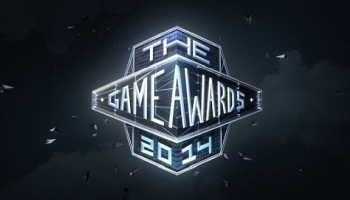
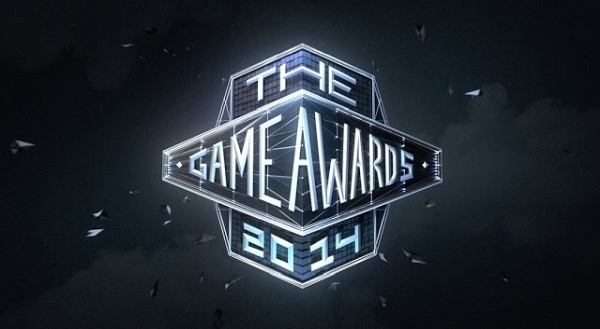

 The capital letters in GOG.com don’t stand for anything anymore, but when the digital storefront first launched in 2008, the acronym stood for Good Old Games and was meant to shine a spotlight on the company’s retro focus. In the decade-and-a-half since, GOG has positioned themselves as a competitor to Steam, often selling the same AAA titles that appear on Valve’s storefront. But their desire to be a destination for retro gaming never really went away, and earlier this month the company unveiled the
The capital letters in GOG.com don’t stand for anything anymore, but when the digital storefront first launched in 2008, the acronym stood for Good Old Games and was meant to shine a spotlight on the company’s retro focus. In the decade-and-a-half since, GOG has positioned themselves as a competitor to Steam, often selling the same AAA titles that appear on Valve’s storefront. But their desire to be a destination for retro gaming never really went away, and earlier this month the company unveiled the 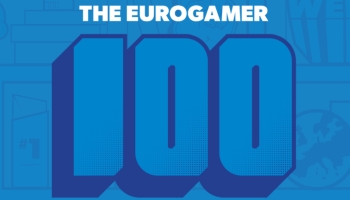
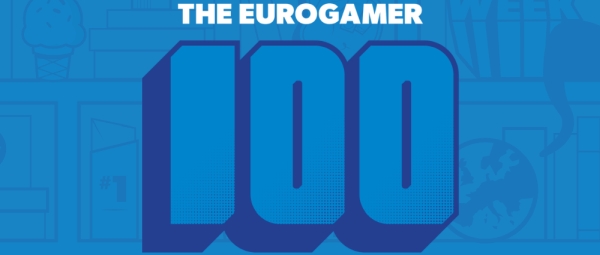





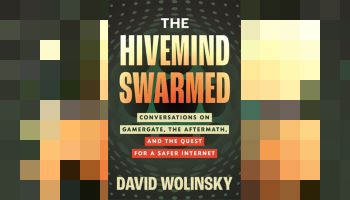
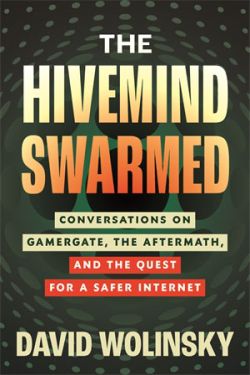 We’re ten years out from the online harassment campaign that came to be known as “Gamergate” and I’ve still never been able to wrap my head around the idea that some people thought a torrential barrage of death and rape threats was an appropriate response to writing about video games in a way they didn’t like. The creator of the
We’re ten years out from the online harassment campaign that came to be known as “Gamergate” and I’ve still never been able to wrap my head around the idea that some people thought a torrential barrage of death and rape threats was an appropriate response to writing about video games in a way they didn’t like. The creator of the 
 Blake Hester put together a sprawling
Blake Hester put together a sprawling 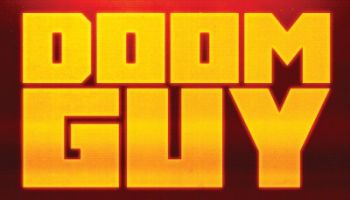
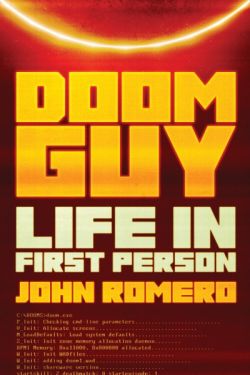 If you’ve ever seen him give an interview, you know that John Romero, one of the co-founders of id Software and the co-creator of both Doom and Quake, is one of the all-time great talkers. No matter what the question is, he’ll give you a story that you’ll remember for the rest of your life.
If you’ve ever seen him give an interview, you know that John Romero, one of the co-founders of id Software and the co-creator of both Doom and Quake, is one of the all-time great talkers. No matter what the question is, he’ll give you a story that you’ll remember for the rest of your life.